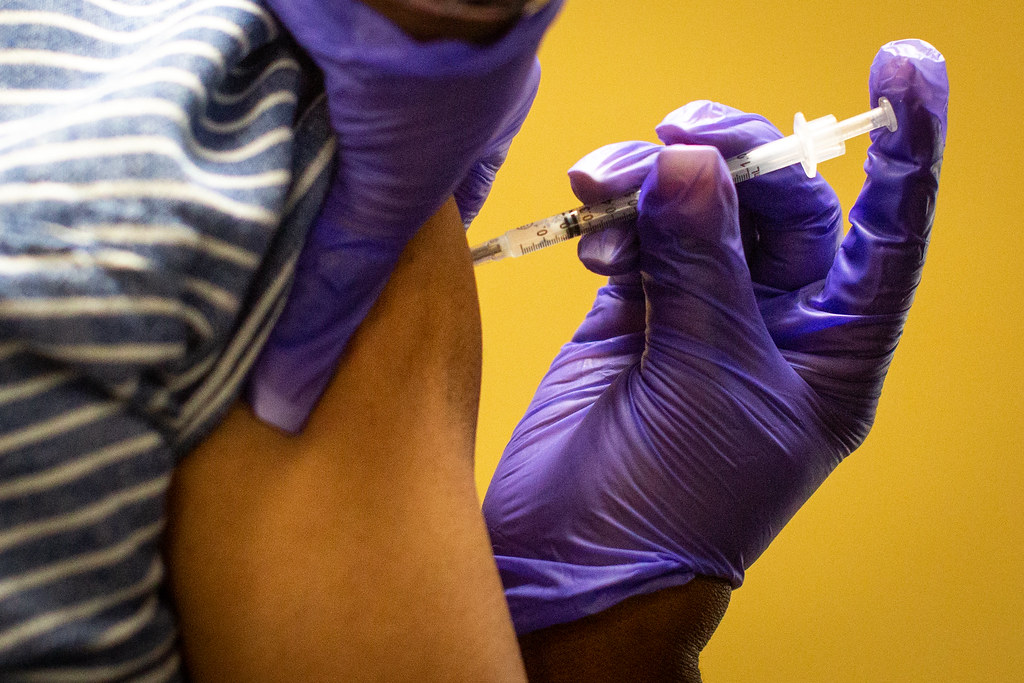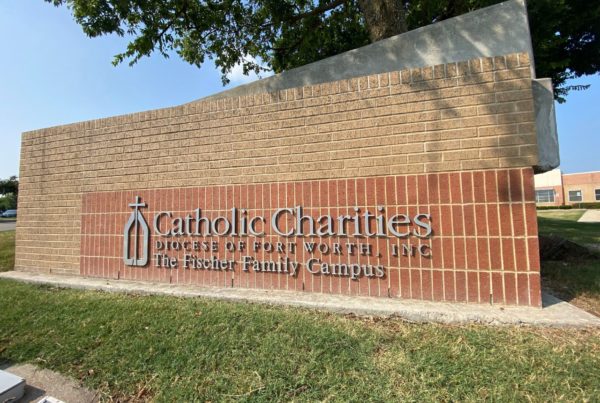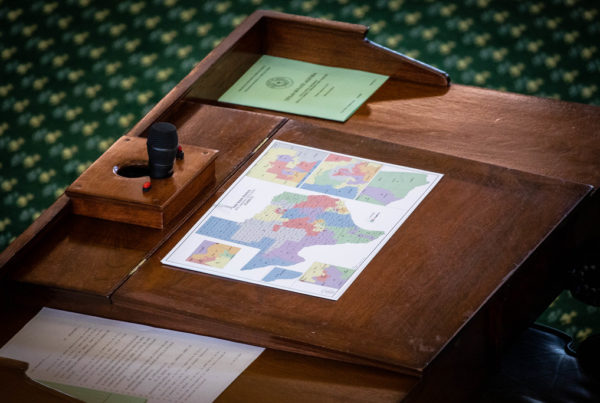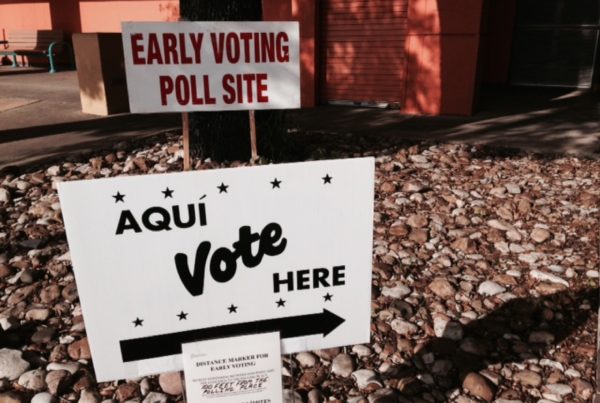Kids between ages 5 to 11 will soon be able to get vaccinated against COVID-19. An advisory panel for the U.S. Food and Drug Administration has recommended that the agency approve the Pfizer vaccine for children in that age range.
Dr. Tess Barton, a pediatrician specializing in infectious diseases, spoke with Texas Standard about some of the questions parents might have about the shot. Listen to the interview in the audio player above or read the transcript below.
This interview has been edited lightly for clarity.
Texas Standard: What are the differences, if any, between this vaccine and the adult version? Does it have to be administered differently?
Dr. Barton: The vaccines are essentially the same. The children’s dose does contain a smaller dose. It has a little bit less antigen, and that’s because children mount such a good immune response that they found that that lower dose actually still led to the same amount of protective levels that adults got.
Is the vaccine any more or less effective in kids than in adults?
According to Pfizer’s data, it’s about the same, maybe even slightly more protective, than in adults, although I don’t know that we have quite that information yet. So, it’s about 90% effective against severe disease. But remember that the trial was done, actually, during the delta variant time, so that looks pretty good.
Something we’re hearing a lot of are questions about about possible side effects. What are you telling patients?
It’s pretty common in the trial that kids had a sore arm, headaches or even a fever, which is pretty much the same as we’ve seen in adults and teenagers. They didn’t see any episodes of myocarditis, but that’s actually such a rare side effect that there weren’t enough study subjects to be able to see that.
Myocardidits is the inflammation of the heart, and a very rare side effect that has been reported in some young people after receiving the Pfizer and Moderna vaccines. What do you say to parents who have concerns?
This is actually, probably the No. 1 concern that I hear from parents when I’m talking to people about the vaccine. I think a couple of things are important to remember: one is that although there is some association of COVID vaccine with myocarditis or heart inflammation, it is actually very, very rare. So in the most highest-risk group, who were the teenage and young-adult boys and men – the highest risk – they were about 70 [cases] per million. That’s about 1 in 15,000 people who develop that. To put that in perspective, we know that COVID infection itself can cause heart inflammation. And actually, in a study in healthy college athletes, they found that in about 2% – so that’s 1 in 50. So, if you kind of think about comparing the risk of heart involvement from the vaccine versus taking your chances with the virus, the vaccine is actually a much safer choice.
Around 3 million Texas kids will be eligible for the shot. What are you telling parents about how soon they can expect to have their kids vaccinated?
Lots of places are currently making preparations to begin rolling out vaccine as early as next week. So I would tell parents, first of all, to contact their pediatrician because it’s always best to be able to ask their own pediatrician questions. And many doctors’ offices are planning on having the vaccine available for their patients. Otherwise, they can get their vaccine at local pharmacies, all the big pharmacy chains that were doing COVID vaccine all along and, of course, here in San Antonio, UTHealth San Antonio and University Health are both planning to offer that to children.













